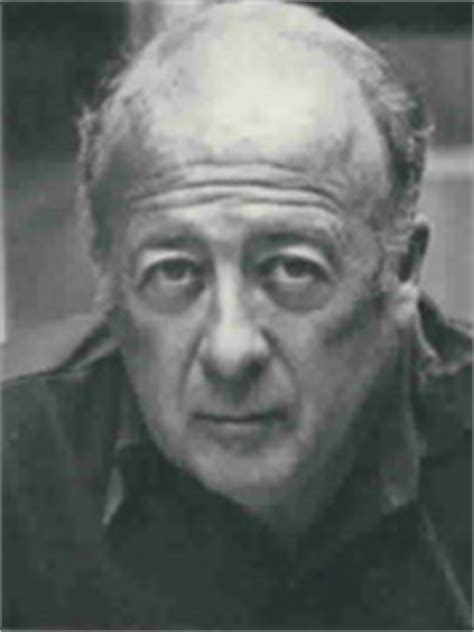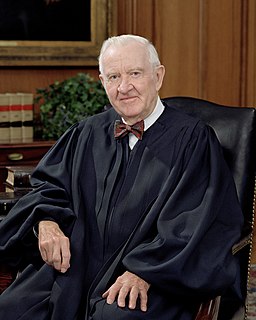A Quote by Otto Graham
All I asked was, where do I sign? Some of the other navy men said I was rooting for the war to last forever. (after Browns gave him a monthly stipend during the war)
Related Quotes
Greg Jackson gave me hope after four losses. After my last loss in the Strikeforce grand prix against Kharitonov, I gave him a call and asked him if he thought I should retire. Some of my trainers, some people told me I had lost it. He said, 'Absolutely not. Just come to Albuquerque,' and gave me that hope.
The common sense of the word (navy) as we use it today refers to a permanent fighting service made up of ships designed for war, manned by professionals and supported by an adminsistrative and technical infrastructure. A navy in this sense is only one possible method of making war at sea, and by some way the most difficult and the most recent. There have in the past been, and to some extent still are, many other ways of generating sea power.
If they hear people running for - president... despite all the other problems that George W. Bush made after 9/11 when he basically said after going to a mosque in Washington, "We are not at war with Islam or Muslims. We are at war with violent extremism. We are at war with people who use their religion for purposes of power and oppression."
Your war memories will be with you forever, you'll be asked about them thousands of times after the war is over. People will get their respect for you from that-partly from that, don't get me wrong-but if you can say that you were up front where there was some real shooting going on, then that will mean a whole lot to you in years to come.
It was Harry Patch, who was the last living World War I veteran; and by veteran I mean someone who actually fought in the war, he didn't just happen to be in the army at that time, in the Great War. And when the Iraq War started, he was interviewed, and they said, well what do you think of this? And he said, in a very sad voice, "Well, that's why my mates died. We thought we were going to end all that sort of thing."
Often war is waged only in order to show valor; thus an inner dignity is ascribed to war itself, and even some philosophers have praised it as an ennoblement of humanity, forgetting the pronouncement of the Greek who said, 'War is an evil in as much as it produces more wicked men than it takes away.'




































